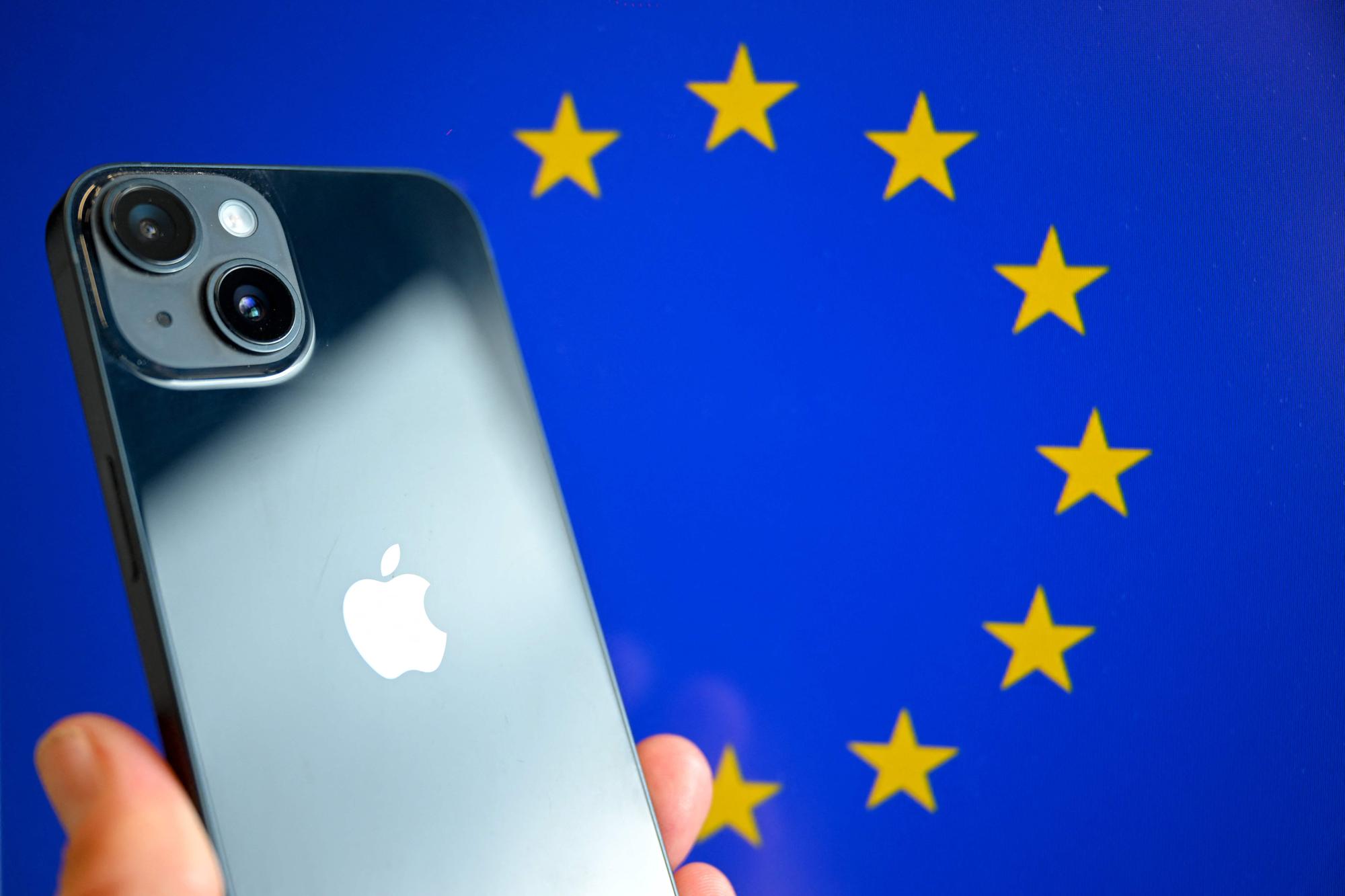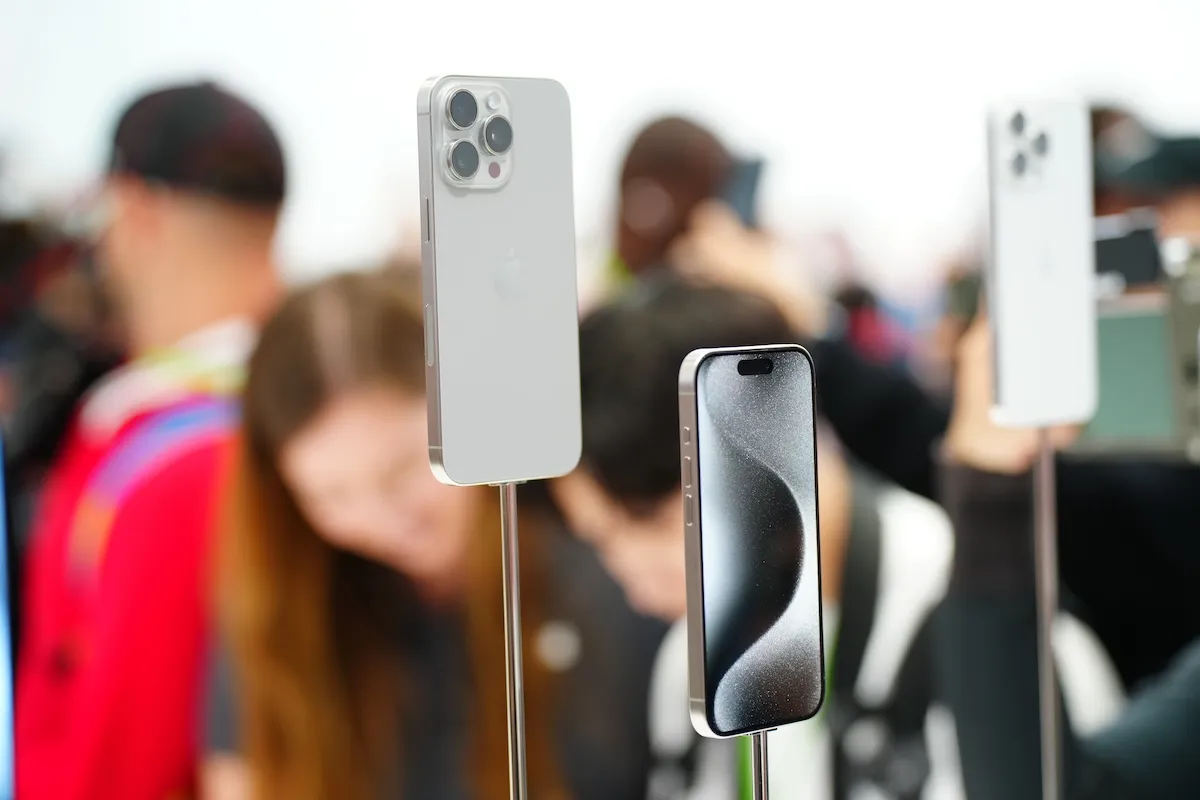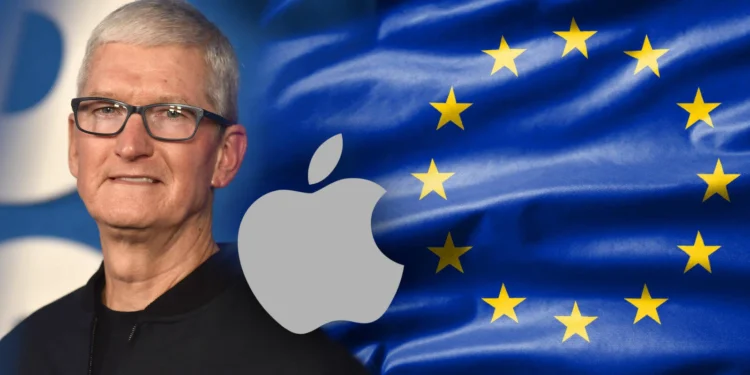In a significant move by the European Union, Apple Inc. has received a formal warning to make its iPhone and iPad operating systems compatible with rival technologies. This directive comes under the stringent Digital Markets Act (DMA), which aims to foster greater competition and innovation by breaking down digital monopolies. Apple now finds itself under pressure to comply within six months to avoid potential penalties, signalling a pivotal moment in tech regulation.

EU’s Stance on Tech Monopolies: A Closer Look
The European Union, with its robust regulatory framework, has set its sights on major tech companies that dominate the market to ensure they do not stifle competition. The latest announcement from Brussels is not a formal investigation yet, but a proactive step to bring Apple in line with new interoperability laws. Margrethe Vestager, the EU competition chief, emphasized the importance of interoperability, especially concerning consumer technology like smartphones and their operating systems. She stated, “Today is the first time we use specification proceedings under the DMA to guide Apple towards effective compliance with its interoperability obligations.”
Apple’s Response and Market Impact
Apple, headquartered in Cupertino, California, argues that it has already created avenues for developers to request more interoperability while maintaining stringent security measures. The tech giant contends that reducing these protections could jeopardize European consumer safety. Despite the looming threat of EU sanctions, Apple’s stock saw a rise of 1.6% in premarket trading, indicating investors might still be bullish about Apple’s ability to navigate regulatory challenges.

Potential Consequences and Industry Implications
Should Apple fail to comply with the DMA requirements, it could face a formal probe and subsequent fines that might amount to as much as 10% of its global annual sales. This situation mirrors another ongoing EU investigation into Apple’s App Store rules, which could also lead to substantial financial penalties. Moreover, Apple has recently unveiled the iPhone 16, featuring modest hardware improvements and advanced AI capabilities—technology that might be curtailed in the EU due to these new regulatory requirements. Notably, features like Apple Intelligence, iPhone Mirroring, and SharePlay Screen Sharing are being withheld from the EU market in compliance with the DMA.

The Road Ahead: Compliance or Conflict?
As the deadline approaches, the tech community and investors alike are keenly watching Apple’s next moves. Will Apple re-engineer its systems to comply with the EU’s demands, or will it challenge these directives, potentially leading to a significant legal and financial battle? Only time will tell, but one thing is certain—the outcome of this dispute will have far-reaching implications for tech companies operating within and beyond Europe’s borders.










